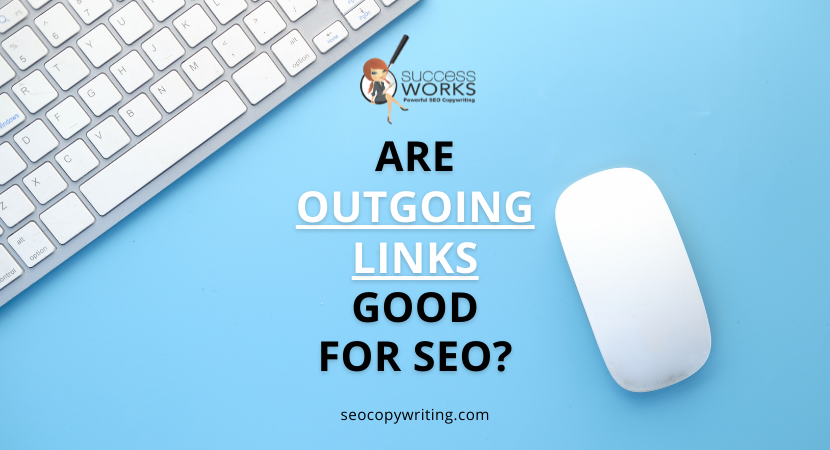
An interesting news item just hit the streets — and of course, I had to share.
The article dove into the much-touted advice that linking to other, authoritative sources “helps a site’s SEO.”
That is, with all other things being equal, a resource article with outgoing links to authoritative sites would position better than one that didn’t link out.
On the surface, this makes sense. It seems like linking out to an authoritative source would get Google’s attention. After all, those links have power.
Plus, this is one of those things that feels true. A well-researched article with smartly sourced reference links gets my attention. A link-free article — even when a resource is cited — feels different. There’s no easy way to click the link and double-check the source (or to learn more.)
Considering Google’s push for quality, authoritative, standout content, it would make sense that outgoing links could give you a positioning boost. After all, don’t outgoing links somehow mean a page is better?
Right?
Nope. Outgoing links don’t help your SEO.
Here’s the deal…
Think about it: if linking to an authoritative resource was something that moved the positioning needle, we’d link to Wikipedia, news sites, and major brands all the time.
Get insta-rankings simply by inserting an outgoing link? Yes, please.
It’s not that easy, unfortunately.
BUT (and as you know, there’s always a “but” when it comes to SEO)…
In the wild world of SEO writing, not everything we do is for “the Google.”
Instead, we focus on what our readers expect to see — especially if we’re writing about a topic where linking to additional sources makes sense. No, we’re not linking to that resource for extra Google points. We’re doing it because linking out provides our readers with additional value.
And that’s precisely the right reason to drop a link.
If this blows your mind, this write-up discusses how outgoing links = SEO juice is a surprising SEO misconception. If you’re also surprised, know you are not alone.
“Thou shalt link out” is a well-promoted content marketing tip.
People just messed up about why it’s important.
So the question remains: should you link out if it doesn’t help your SEO?
My take? Yes. Granted, it depends on the content and its goals. I wouldn’t link willy-nilly from a sales page.
But if you’re trying to support your point — and another blog has more information — why wouldn’t you link out? Assuming the reader does scoot away to visit the page, they’ll scoot back if they clicked with your content.
And if they don’t come back? There’s a good chance that they didn’t click with your content in the first place.
What do you think?
Have you learned that you needed to link out “for Google?” Leave a comment and let me know!







